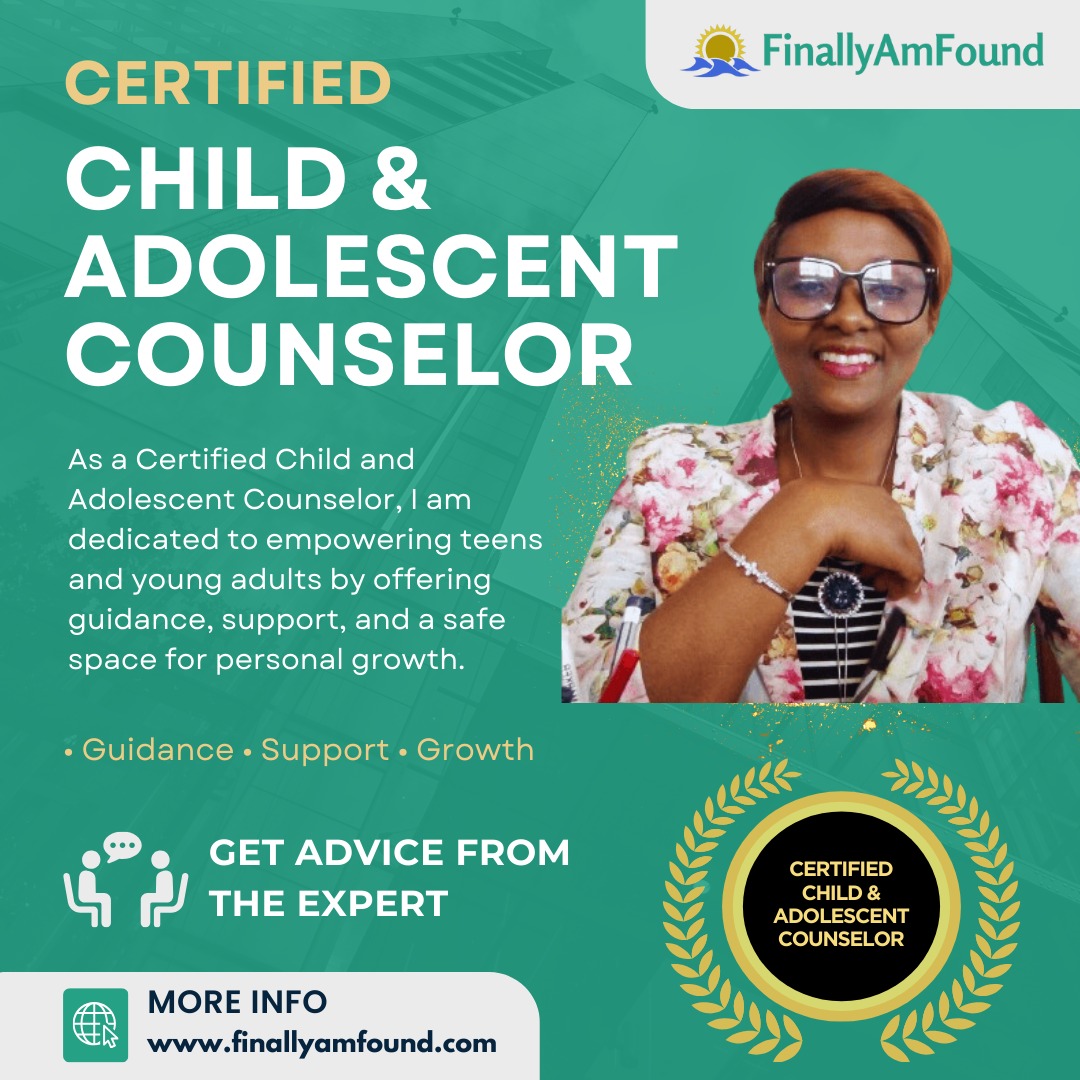As you navigate the exciting journey of life, one thing that can make all the difference in your success is the power of social capital or networking. But what exactly is social capital, and why should you care about it?
What is Social Capital?
Social capital refers to the relationships, networks, and connections you build over time that can help you achieve your goals. It represents the value you gain from knowing others and the trust you develop with them. These relationships can open doors to opportunities, mentorship, advice, and support during challenging times. As a young adult, building social capital is crucial for your personal and professional growth. Establishing these networks and connections can provide you with access to valuable resources and opportunities. It’s not just what you know—it’s who you know and how you connect with them.
Why is Social Capital important for young people?
If you’re in your teens or twenties, you’re in the perfect season to build social capital—the invisible currency that can open doors, create opportunities, and shape your future. Unlike money, social capital doesn’t get spent; it grows the more you invest in it. It’s about the people you know, the trust you build, and the value you bring to your network.
Imagine having mentors who guide you, friends who inspire you, and connections that bring once-in-a-lifetime opportunities your way. That’s the power of social capital. It can help you land your dream job, start a business, or even navigate life’s toughest moments with a strong support system. The earlier you start, the stronger your foundation will be.
Building social capital isn’t about forced networking or pretending to be someone you’re not. It’s about forming genuine relationships, being open to learning from others, and contributing positively to your community. Every meaningful conversation, every act of kindness, and every shared experience adds to your personal “network vault,” creating opportunities you never even saw coming.
Here’s why it matters:
1. Opportunities and Career Advancement
Your network can connect you to job opportunities, internships, or business partnerships that you wouldn’t have access to otherwise. Many positions aren’t advertised publicly, but are filled through referrals and recommendations. By cultivating relationships, you position yourself for success.
2. Mentorship and Guidance
When you surround yourself with a diverse and supportive network, you open the door to mentorship. Mentors can offer invaluable advice, help you avoid mistakes, and give you the confidence to push forward in your personal or professional life. They can act as sounding boards and even help you navigate the challenges of your journey.
3. Support in Challenging Times
Life isn’t always easy, and sometimes you need support to get through tough situations. Whether it’s personal struggles or professional setbacks, having a strong network means you can lean on others for encouragement, assistance, and sometimes even practical help.
4. Collaborations and New Ideas
Collaborating with others opens up the possibility of innovative ideas and projects. Your connections can introduce you to people who share similar interests, goals, or passions. This can lead to collaborations that allow you to grow and develop in ways you may never have imagined on your own.
5. Builds empathy
Networking and social capital are not just about gaining opportunities; they also shape personal growth, particularly in developing empathy, which is essential for thriving in an interconnected world. The more young people engage with diverse individuals and experiences, the more they develop the emotional depth needed to navigate life with understanding and kindness.
Ways to Build Social Capital as a Young Adult
Building social capital as a young adult is essential as we mentioned; for personal growth, career advancement, and expanding opportunities. One effective way to do this is by joining clubs or organizations that align with your interests, such as sports teams, volunteer groups, or professional associations. These settings provide a structured way to meet people and establish meaningful relationships. Attending networking events, such as conferences, workshops, or meetups, is another powerful strategy. These gatherings connect you with individuals in your industry or field of interest, opening doors to mentorship, job opportunities, and collaborations.
Volunteering is also a great way to build social capital while giving back to the community. It allows you to meet like-minded individuals and develop valuable relationships based on shared values and service. Additionally, leveraging social media can help expand your network. Platforms like LinkedIn, Twitter, and even Facebook groups provide opportunities to engage in discussions, share experiences, and connect with professionals and peers globally.
Taking classes or workshops is another excellent approach. Whether it’s an online course, a local seminar, or a skill-based workshop, these learning environments introduce you to people with similar passions and aspirations. By actively participating in these various opportunities, young people can cultivate a strong and supportive network that will benefit them both personally and professionally.
So, don’t wait. Say hello, join that group, ask for advice, offer help, and stay connected. Your future self will thank you for the social capital you start building today.
Building Social Capital Takes Time, Effort, and Authenticity. Here’s how to start:
Social capital—the relationships and networks you build—can open doors to new opportunities, both personally and professionally. However, it doesn’t happen overnight. It requires intentionality, consistency, and a genuine approach.
1. Be Genuine
People trust and connect with authentic people. Avoid pretending to be someone you’re not or forming relationships just for personal gain. Build relationships based on mutual respect and trust. Here, there is nothing like faking it until you make it. You may be able to fake confidence for a while but not expertise. Instead, focus on being yourself and showing a real interest in others and their stories, your attitude, values, and sincerity matter a lot.
Example 1: If you’re new to a workplace, focus on learning about your colleagues instead of trying to force friendships. Take the time to understand what they enjoy, their struggles, and their strengths. Offer genuine compliments on their work rather than resorting to flattery. Remember the saying “your colleagues are not your friends” does not apply in every situation. Make your environment work for you including people you meet, and that includes the energy you bring. A positive atmosphere begins with the attitude and energy you contribute.
Example 2: When moving into a new neighborhood or meeting a new neighbor, take the initiative to introduce yourself with a friendly smile instead of waiting for them to approach you. If you enjoy gardening or are a student and notice that your neighbor shares similar interests, start a conversation about plants or school, respectively.
2. Engage Actively
The more you show up in places where connections happen, the more opportunities you have to build relationships. Attend events, join community groups, and participate in activities that align with your interests.
Example 1: If you attend church, don’t just leave immediately after the service. Say hello to a few people, join a small group, or stay for coffee hour. Spiritual growth and networking can go hand in hand.
Example 2: If you’re an introvert and networking feels uncomfortable, start small. Make it a goal to greet at least one new person at every event you attend. Even a simple, “Hey, I really liked what you said in the discussion,” can spark meaningful conversations.
3. Offer Help First
Social capital thrives on mutual benefit. Instead of focusing on what you can gain, think about what you can offer. People remember those who help them without expecting something in return.
Example 1: If a colleague is struggling with a work task, offer to help them—even if it’s just giving advice or sharing a useful resource. Later, they might return the favor when you need support or even mention you in those boardrooms.
Example 2: Helping someone new—whether it’s a neighbor in business, a coworker, or even a fellow member of an organization, offering them useful information about the area—like where to shop for groceries or which local restaurants are good. This small act of kindness makes a lasting impression.The goodwill you extend today can open unexpected doors in the future, whether in friendships, career opportunities, or community influence.
4. Stay In Touch
Relationships fade when neglected. Regularly checking in, sending a quick message, or sharing something useful can keep connections strong.
Example: If you meet someone at an event, follow up with a short message like, “It was great meeting you, I enjoyed our conversation about [topic]. Let’s keep in touch.
Example: If a former colleague gets a promotion or starts a new business, congratulate them. A simple LinkedIn message or text shows that you care about their progress, keeping the connection warm.
5. Be Open-Minded
Expanding your network means embracing different perspectives, backgrounds, and experiences. Step out of your comfort zone and try new things to expand your social circle.
You never know who might offer insights or opportunities that change your path.
Example 1: If you’re in the healthcare field, don’t only connect with fellow nurses/doctors/janitors/pharmacists. Build relationships with doctors, administrators, and even professionals outside your industry—you might gain unexpected career advice or investment insights.
Example 2: If you’re used to hanging out with people from your home country, make an effort to interact with those from different cultures. Learning how others approach life and work can expand your worldview and opportunities.
Conclusion
Building social capital is not simply about collecting contacts; it’s about cultivating meaningful relationships. With dedication and effort, these connections can transform into some of your greatest assets. It’s also not just about personal advancement; it’s about weaving a web of support, opportunities, and growth. As a young person, you are in an exceptional position to start nurturing relationships that will benefit you for years to come. Remember, every relationship holds potential, and the time you invest in others can yield unexpected rewards. So, begin building your social capital today—it could change your life in ways you can only imagine. By fostering strong social capital, you’ll empower yourself to navigate the challenges and opportunities of young adulthood, setting the stage for enduring success and fulfillment.
Prayer
Heavenly Father,
Thank You for the gift of connection and community. As I step into new opportunities to build relationships, grant me wisdom to connect with the right people and a heart that values authenticity over mere gain. Help me to be a blessing to others, offering kindness, support, and encouragement. May my interactions be filled with integrity, and may the relationships I build lead to growth, purpose, and mutual upliftment. Guide my steps, open doors, and let every connection align with Your divine plan for my life. In Jesus Christ’s power I pray.
Amen.
Hey, I’m Angeline, your RN and founder of Finally Am Found. With a heart for mentorship, I’ve been guiding teens and young adults since 2017. As a Registered Nurse, I blend medical expertise with personal experiences to create a Christ-aligned space for self-discovery. Connect with Angeline on Facebook and let the journey to self-discovery begin!














